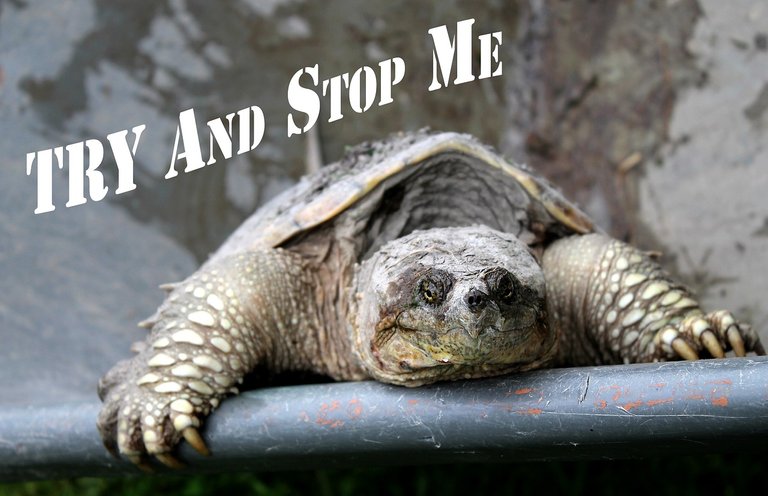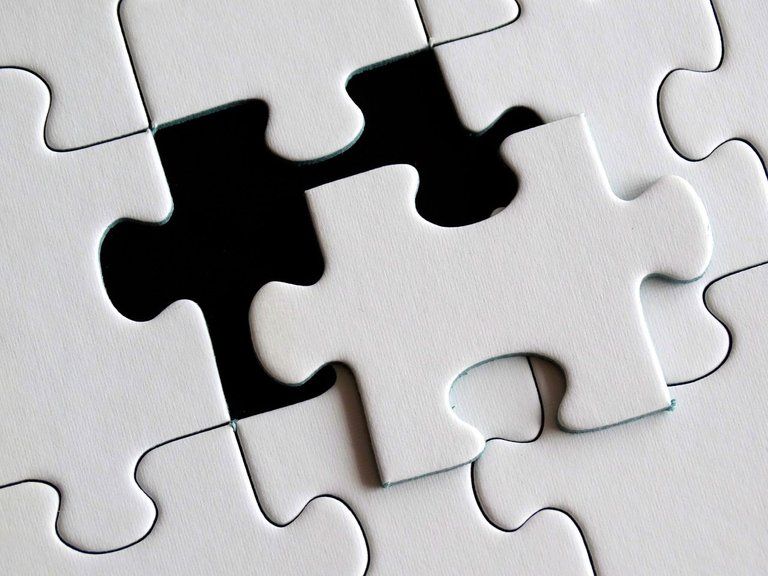 Image by CJ from Pixabay
Image by CJ from PixabayKaizen
Some time ago I learned of a method that singlehandedly helped me ditch bad habits and reinforce good ones. It comes from Japanese philosophy, Kaizen and its methods can be easily applied to your life. I’m not going to talk about Kaizen philosophy per se, but rather share what I learned from incorporating one of its methods into my daily life.
If you would ask me for my number one advice for developing good habits this would be it. I used it to start exercising, meditation, yoga, reading/writing, you name it, everything because of this single method. Of course, not everything works for everyone, all I can say is that it worked for me, and continues to work whenever I feel like I need to develop a particular habit.
Most people that aren’t as physically active as they should be, know they have this problem, and a simple “just go for a walk more often” isn’t helpful. To help someone with this obvious tip you need to change their perspective.
You know that you should go for a walk, and you know the benefits it would give you, but you still won't do it.
Why?
Because you are lazy?
That's something that comes to mind for sure. Is it true though? We can look at it this way.
David vs. Goliath
 Image by Peggy und Marco Lachmann-Anke from Pixabay
Image by Peggy und Marco Lachmann-Anke from PixabayYour mental self, or "I", is not just one entity. Your practical mind for everyday life is made up of hundreds of "I's". These "I's" can be thought of as split personalities, and although I won't delve into the philosophy behind what constitutes the "I", I will provide a small, practical example for everyday life.
As an example, consider one "I" that has been enjoying a particular activity for years, or even decades. Let's say that this activity is food. You have been overeating, enjoying sweets and fizzy drinks, put up some extra pounds. This "I" loves overeating, loves the feeling of chocolate in your mouth, and loves donuts and cakes. Just reading these words and imagining the images they evoke has probably made you start drooling a bit. This "I" is a big one, fed and encouraged for years, and has become a seemingly unbeatable monster that has a big control over your life.
Occasionally, smaller "I" will emerge, such as one that says, "What I'm doing isn't really healthy. I'm ruining my health and will get sick." Another, even smaller "I" might pop up and say, "Maybe I should start living a healthier life and exercise."
And that tiny "I" of yours, one evening after who knows how many indigestion, after a heavy dinner, decides, "Starting Monday, I'm going to start exercising. From Monday, I'm going to start living a healthier life." This small, and scrawny "I" stands up to the big monster "I".
Who do you think will win?
You see what I'm saying?
The problem isn't are or aren't lazy, it's that as easy as you could make good habits a core part of your life the same goes for bad habits, and reverting that process is hard.
If I ask you to go for a walk for 30 minutes, most like you wouldn’t. If I invite you to take a stroll for 10 minutes around your block, it’s more likely you’d be willing to listen. But if I ask you to get up from your computer and walk around your house for a minute, now it doesn’t seem as much of a request anymore.
This is the Kaizen method. You already know your goal. You want to train the "I" that is going to be physically more active. But you can't drop him in a ring against a couch-potato monster because it will lose 100%. You need to start feeding him and making him stronger with small intensity.
Taking a 1-minute walk maybe sounds useless but it is easy to do. From a neurological perspective, it already starts to create connections in your brain that say "I need a walk". This is only the beginning. Soon you will find yourself wanting to take a second and a third walk every day, so then why not go for a longer walk? Just around the block. Why not?
Slowly but surely you are making this "I" stronger and bigger, and a larger part of your life. I'm not saying this will be a piece of cake, but that it works. It reprograms your perception of a particular activity, it makes you crave to do that activity more often and longer.
Sometimes you don't even have to change one habit for the other. Many of us have some voids in a day. No matter how small, let's say 15 minutes. You can easily fill that void with a 1-minute stretch. Again, you then realize that you still have 14 minutes of that void and you kinda like how you feel after a little bit of stretching, then you start doing it for 5 minutes. And finally, you end up filling that void of uselessness with a great healthy habit that will not only make those dull 15 minutes of your life better but will give you all its benefits to the rest of your day.
Filling The Void
 Image by Hebi B. from Pixabay
Image by Hebi B. from PixabayAs an avid gamer pretty much all of my free time was spent on gaming. I like competitive games. At some point, I was really into Hearthstone, a digital card game. Games are short, on average like 5 minutes. In between every game I had to wait for the game to find me the opponent. Even though I was actively playing the game, there were some 15-30 second voids in between each match. To fill these voids and work on developing a habit, I decided to do as many push-ups as I can between the games. When I couldn't do more push-ups, I would do some squats, etc. These little "training sessions" didn't do much in terms of strength or stamina gains, but instead, I got so used to it that I wanted to do some push-ups and some squats, etc. even when I wasn't playing. One thing led to another. I started with 15-30 second training sessions, which turned into a 5 minute training session.
And finally, when the "I" that wants to do push-ups and squats became as equally strong as the "I" that wants to play Hearthstone it became easy to dedicate some of the time I would spend playing the game on a real training session. I found a 3-days per week training program that fits me and I do it since then.

As the second law of thermodynamics would say. In an isolated system, the state of entropy always increases. The same is with us. But you can keep putting energy into this system to maintain order. There are always going to be times when you skip a training session or meditation or whatever scheduled activity you have. The important thing is to keep this from happening multiple times in a row. Because then you are "practicing" Kaizen but in reverse and you know how that will end up. Don't give up on your progress. When you reach a certain point, the uphill battle because easier and easier.
I wish you luck in developing long-term healthy habits if you don't know where to start, leave a comment, maybe we can help you out. :D
As always thank you for reading.





 Wes...
Wes...



